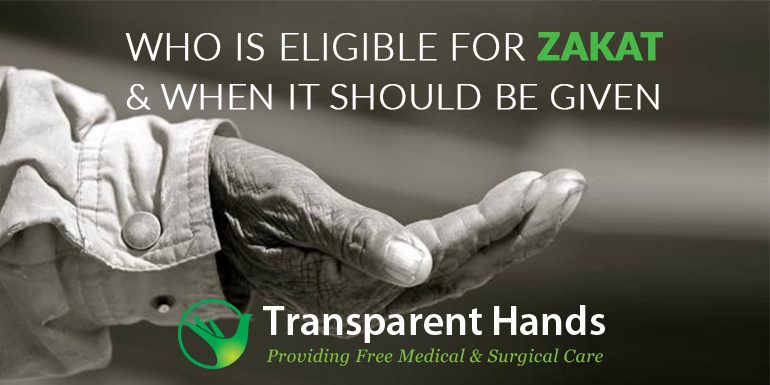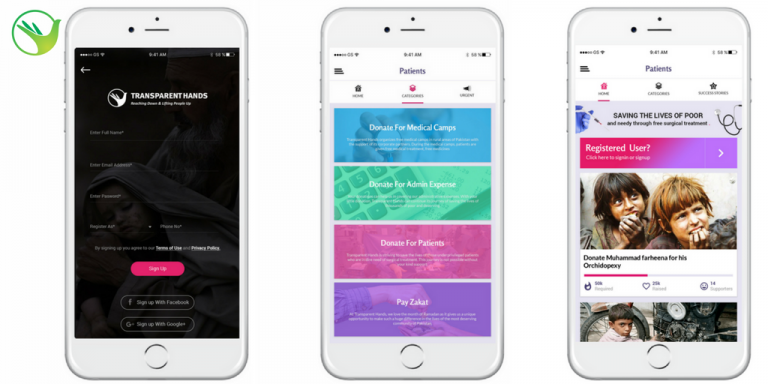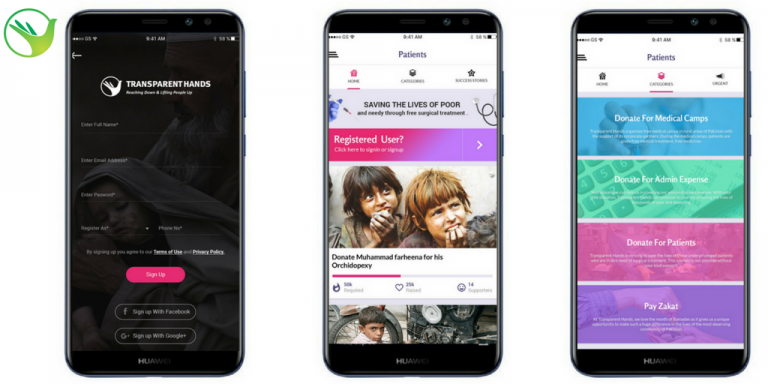Who Is Eligible For Zakat & When It Should Be Given

Islam is not only a religion but also a way of life. Islam encourages maintaining fairness in all aspects of life, and has never burdened its followers to practice obligations that could be unbearable. Who Is Eligible For Zakat & When It Should Be Given
->Related Articles:
Every Muslim is required to share their bounties with the poor, but that too at a fixed proportion because it doesn’t want to hurt the giver while benefiting the recipient.
Islam has also stated the conditions, in which the rich becomes eligible to pay Zakat and when they are free from it. This is to ensure that the rich are not stressed too much while helping the poor.
Islam has imposed fair laws to make sure that both the giver and receiver benefits from this generous act.
Download our TransparentHands iPhone Application for Online Donation
Who is Eligible for Zakat?
Quran has always encouraged us to perform good deeds. It has always put great emphasis to help the poor, in every possible way so that they too can live a dignified life.
Quran has also classified the eight groups of people on whom Zakat should be spent:
1. Fuqaraa:
This category indicates low-income families.These are the people who are struggling very hard every day to earn their living.
2. Masakeen:
This category belongs to the people living below the poverty line. These are the people who are homeless or have no food.
3. Aamileen:
This category is mentioned for the Zakat collectors, who are appointed by the Government to collect Zakat. They may not be needy or poor people yet they should be given Zakat, to ensure that they are doing their job sincerely.
4. Muallafatul Quloob:
Under this category one can give Zakat to the non-Muslims only on two conditions.
- Firstly, if you know any non-Muslim who is likely to accept Islam, then you can help him by giving Zakat to soften his heart and bring him closer to Islam.
- Secondly, if you know any non-Muslim who tortures Muslims and harm them, he could be given Zakat on the condition that he would stop his heinous act immediately.
5. Ar-Riqaab:
In this category, you can give Zakat to slaves, to help them purchase their freedom from their Masters.
6. Ibnus-Sabeel:
In this category, a traveler deserves to get the Zakat money if he is suffering financially in a foreign land, where there is no chance of getting help from his homeland.
7. Al Ghaarimeen:
This category is for the debtor whose debts have exceeded his assets, and now he does not have the ability to pay it off.
8. Fi Sabeelillah:
This category is provided to help the people who are doing good deeds, to seek the blessings and pleasure of Allah.
Download our TransparentHands Andriod Application for Online Donation
You can give Zakat to the charitable organizations, who are working for the betterment of the society or a stranded Haji who may be in need while performing Hajj.
When to pay Zakat?
A Muslim becomes eligible to pay Zakat when his wealth equals or exceeds the Nisaab or threshold amount. Basically, the wealth must be in hand for one complete lunar year, and should be paid after this time which is called the Hawl.
A Hawl is also known as the Islamic year which consists of 354 days. So every capable Muslim is required to pay Zakat on this date after you have become eligible for Zakat.
It is also a good practice to keep a record of your Zakat anniversary dates, to find out when Zakat becomes due on the next year.
Often people forget the date they became the owner of Nisaab. In this case, the Zakat giver should select a date at any time of the year to pay his dues and stick to it in the future.
Many Muslims live by this misconception that Zakat should only be given in the month of Ramadan which is not right. Giving Zakat is a mandatory duty so it can be given at any time of the year.
However, Muslims should consider giving Sadaqah or voluntary charity in the sacred month of Ramadan, as Allah the Almighty has promised to give 70 times greater reward for this generous act.










Leave a Reply